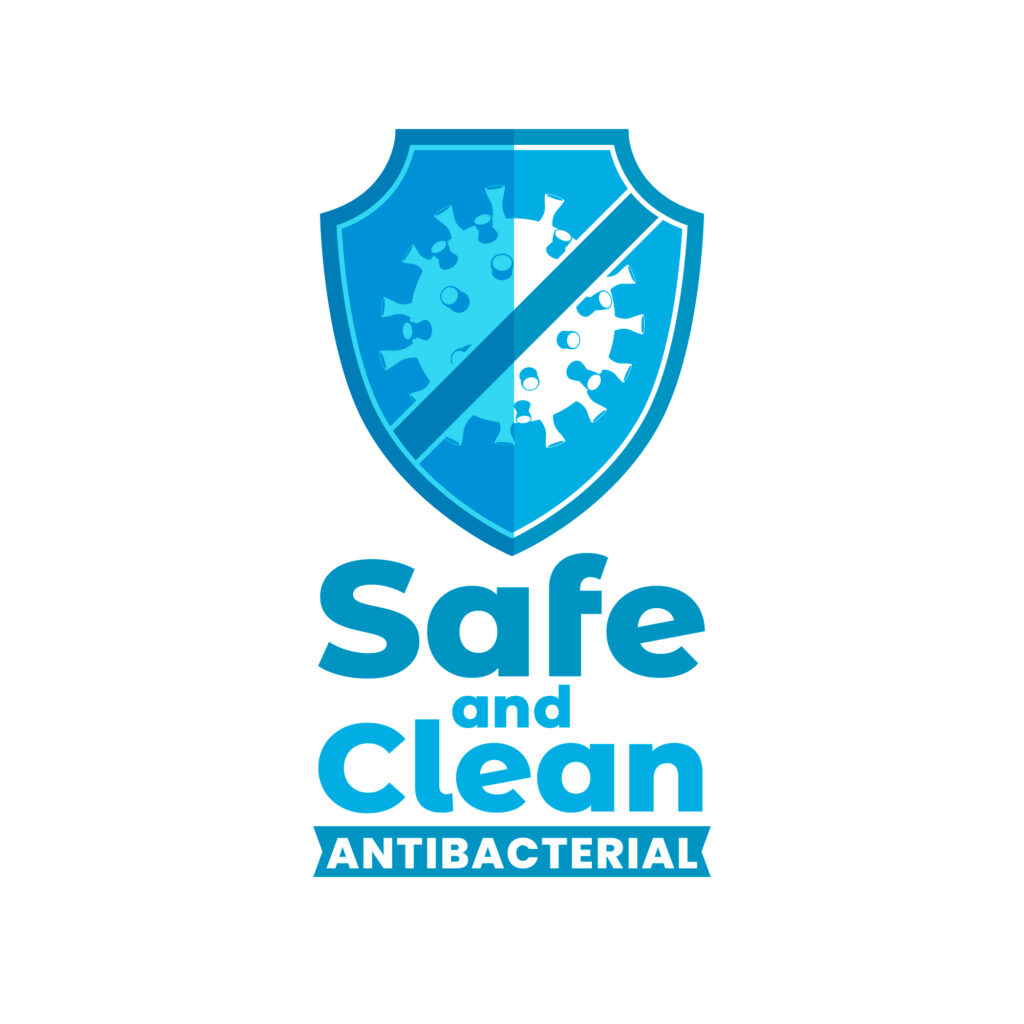In the biomedical industry, Nano Zn+ is widely functional and beneficial. When mixed with water, Nano Zn+ releases zinc ions (Zn+), which penetrates through cell membranes. When in contact with the negatively charged microbial cells, sulfhydryl in the bacteria will be attracted, deactivating the enzyme and directly damages the cell membrane, changing the characteristics of enzyme in microbial cells, leading to suffocation, decelerating metabolism and reproduction of bacteria and deactivating its anti-bacterial effect.
Generally, Nano Zn+ kills more than 3000 types of bacteria, fungus and virus, while a common antibiotic can only kill 2-6 types of bacteria and fungus. In science, it is proven that Zinc prevents infection and recovers wound rapidly. After being treated with Nano Zn+ technology, Zinc surface expands drastically, accelerating activeness of Zinc molecules and boosting its anti-bacterial function. However, when the small molecule of Nano Zn+ binds with water, it loses its anti-bacterial effect as it is prone to clustering. Hence the dispersibility technology and production cost of Nano Zn+ become our challenge.


